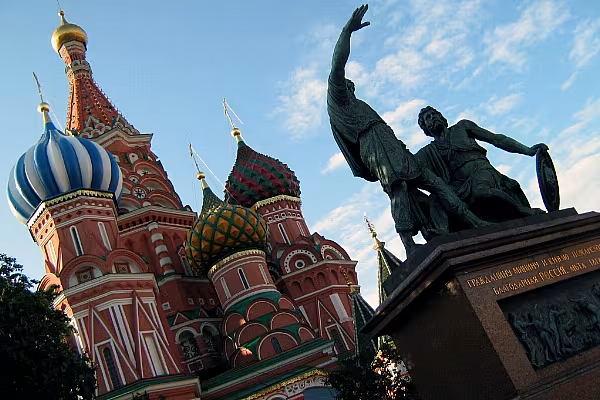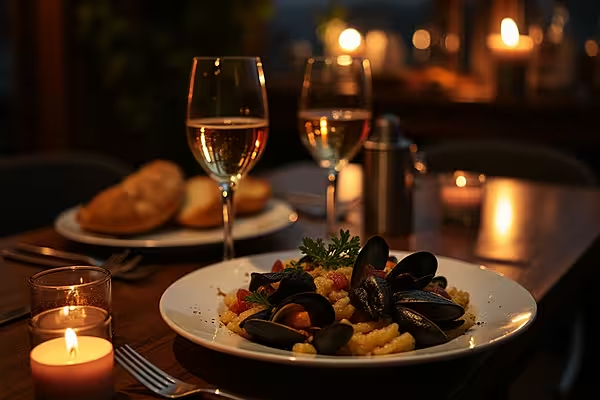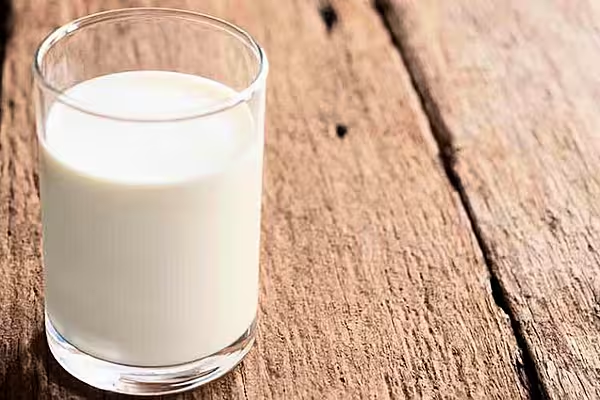Russia extended its ban on certain food imports from the U.S., the European Union and other countries for one year in retaliation for the EU’s decision to prolong penalties imposed over the conflict in Ukraine.
Russian President Vladimir Putin said he signed a decree extending the counter-sanctions following a request submitted by Prime Minister Dmitry Medvedev. The sanctions introduced last August banned a range of food products, including cheese, fish, beef, pork, fruit, vegetables and dairy products, from the U.S., the EU, Canada, Norway, and Australia.
“We extend our retaliatory measures for one year from today,” Putin told a government meeting in Moscow on Wednesday. “I think it will offer good guidance for our domestic producers.”
European leaders on Monday approved the extension of trade and investment sanctions against Russia until the end of 2015 over its alleged role in the conflict in eastern Ukraine. The penalties will continue “against Russia until it meets its Minsk obligations,” U.K. Foreign Secretary Philip Hammond said, in reference to a February peace accord negotiated in Minsk, Belarus, by the leaders of Ukraine, Russia, Germany and France.
Russia threatened to “act on the principle of reciprocity” on Monday after the extension of the European restrictions, which restrict financing for major Russian banks, ban the export of sophisticated energy-exploration equipment, and prohibit the sale of weapons and some civilian goods with military uses. A separate EU blacklist, which runs to Sept. 15, imposes asset freezes and travel bans on 151 people and 37 companies and organizations accused of destabilizing Ukraine.
Bloomberg News, edited by ESM











